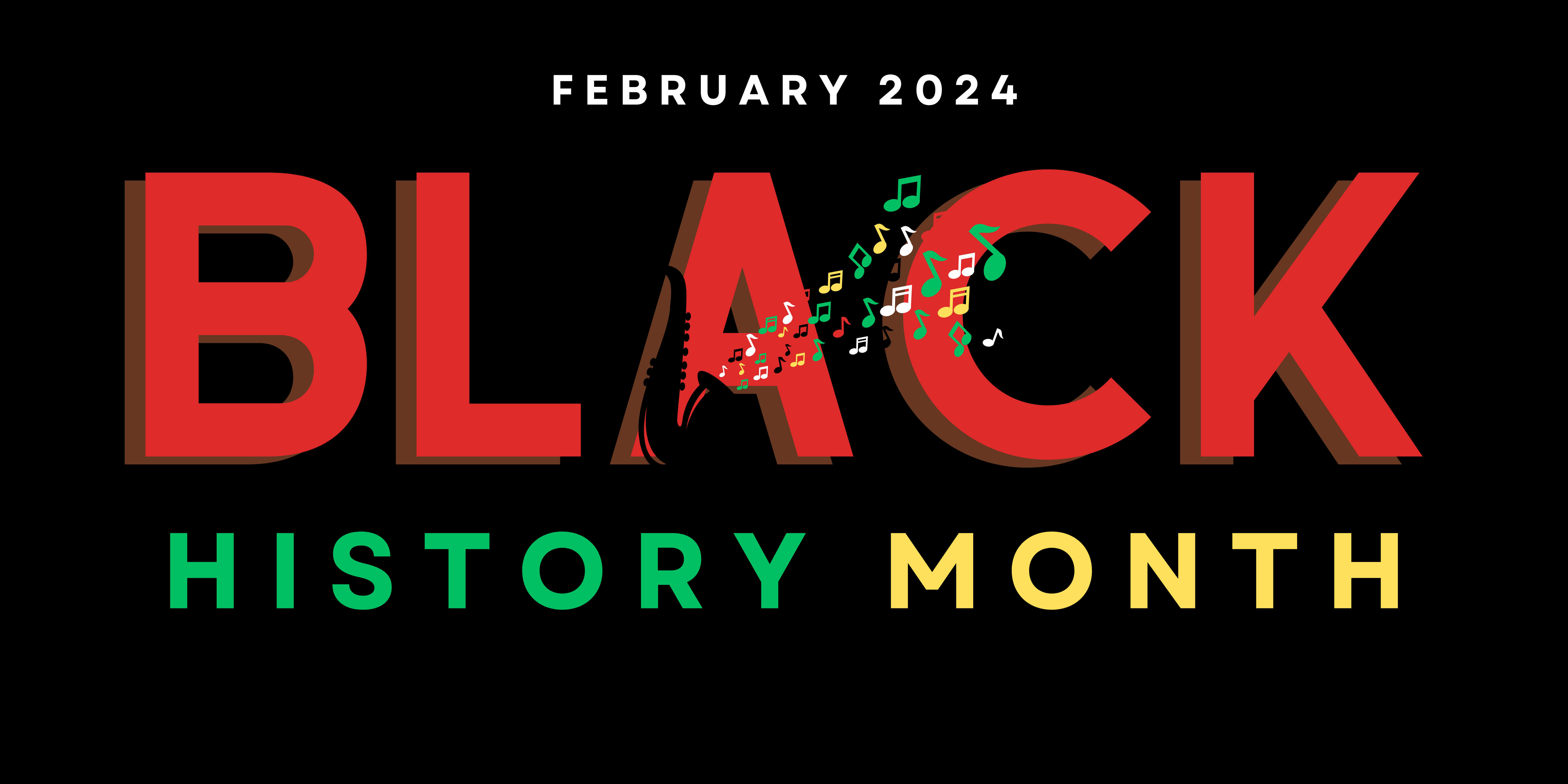WPI Celebrates Black History Month 2024

In 2024, Worcester Polytechnic Institute (WPI) commemorates Black History Month by acknowledging and showcasing the rich culture, heritage, and contributions of Black Americans throughout history. This nationally recognized month pays homage to traditions, cuisine, artistic expressions, languages, culture, and stories of Black communities. We invite our community to support, learn about, and celebrate the vibrant tapestry of the Black community, whether on campus, in the Worcester community, or beyond.
February stands as a dedicated period for Black History Month, not only as a time to learn about the challenges but also to applaud the successes of Black Americans throughout U.S. history, encompassing the civil rights movement and their noteworthy artistic, cultural, and political milestones.
Origin of Black History Month
On September 15th of 1915, historian Carter G. Woodson and prominent minister Jesse E. Moorland founded the Association for the Study of Negro Life and History (ASNHL), which is now known as the Association for the Study of African American Life and History (ASALH). The association was incorporated in Washington D.C. on October 9th that same year. The association sponsored the notional “Negro History Week” in 1962, which took place during the second week of February. The selected period coincided with the birthdays of former President Abraham Lincoln and African American social reformer, abolitionist, writer, and orator Frederick Douglass.
The week-long event came to be celebrated across the country. Schools and communities all around were inspired to establish history clubs, organize celebrations, and host lectures and performances. Then in the late 1960’s, the week evolved; becoming what we know today as Black History Month. The Civil Rights Movement is among the factors that contributed to the expansion and rebranding of the Negro History Week.
"In celebrating Black history, let’s rise above the limitations of textbooks, recognizing that this narrative stretches far beyond the shackles of slavery. It’s a history that goes beyond just recounting pain; it’s also a tale of joy, growth, and a testament to enduring strength, resilience, and triumphant moments. Let’s revel in the brilliance of numerous inventions, achievements, and the rich culture and diversity within the diaspora of individuals. Our history books may omit chapters, but our pursuit of knowledge should not be constrained by these omissions. Black history is a narrative of empowerment, enlightenment, and the continuous evolution of a people whose contributions have left an indelible mark on the world." -Alesia LeSane, Assistant Director for Multicultural Education and Student Success
STEM Scholar Highlights:
- Alice H. Parker – Inventor of the central heating system
- Garrett Morgan – Inventor of the traffic light
- Lewis Howard Latimer – Inventor of the carbon light bulb filament
- Assisted with the drafting of the patent for the telephone.
- Dr. James Edward West – Co-inventor of the electric microphone
- Alexander Miles – Inventor of the automatic elevator door
-
Janeen Uzzell – Current Chief Executive Officer of the National Society of Black Engineers
Read, Watch, Listen and Learn
- Explore Worcester Public Library Collection
- Learn about the how the National Society of Black Engineers (NSBE) Started and what the professional organization does
- Watch the I Am MLK Jr. Documentary on Paramount
- Watch the Malcolm X movie on Amazon Prime
- Watch Judas and the Black Messiah at cinema.wpi.edu
- Watch the Roots remake on Hulu
- Learn about the Central Park Five by watching When They See Us on Netflix
- Watch 42 to learn about Jackie Robinson on cinema.wpi.edu
- Wach Race on Netflix to learn about Olympian Jesse Owens
- Watch Red Tails on Disney Plus to learn about African American Pilots during World War 2
- Watch black stories unfold:
- Everybody Hates Cris – Amazon Prime
- One on One – Netflix
- Moesha – Amazon Prime
- The Parkers – Netflix
- Girlfriends – Netflix
- Books:
- African Mythology
- African Mythology: Gods and Mythical Legends of Ancient Africa by Sabastian Berg
- Children of Blood and Bone by Tomi Adeyemi
- The Gilded Ones by Namina Forna
- Historical
- Power to the People: The World of the Black Panthers by Bobby Seale
- Note that the photographs in this book were taken by the Black Panther’s most trusted documentarian, Stephen Shames
- Hidden Figures by Margot Lee Shetterly
- They Can’t Kill Us All: The Story of the Struggle for Black Lives by Wesley Lowery
-
Read Black Poetry on the Poetry Foundation.
Act
- Join WPI’s National Society of Black Engineers (NSBE) Chapter
- Join WPI’s Black Student Union (BSU) Chapter
- Join WPI’s African Student Association (ASA) Chapter
- Join WPI’s Caribbean and Hispanic Association (CHA).
- Join WPI’s Step Team
- Join WPI’s African Percussion and Dance Ensemble
- Support Black Professionals in STEM Organizations
- REGISTER TO VOTE
- Learn the 27 Amendments to become more capable of identifying injustices.
- Watch this TEDx Talk to learn about cultural competence.
The Office of Diversity, Inclusion, and Multicultural Education (ODIME) promotes and oversees all student-facing diversity, equity, inclusion, and belonging (DEIB) learning experiences, programs, services, trainings, and initiatives for WPI.